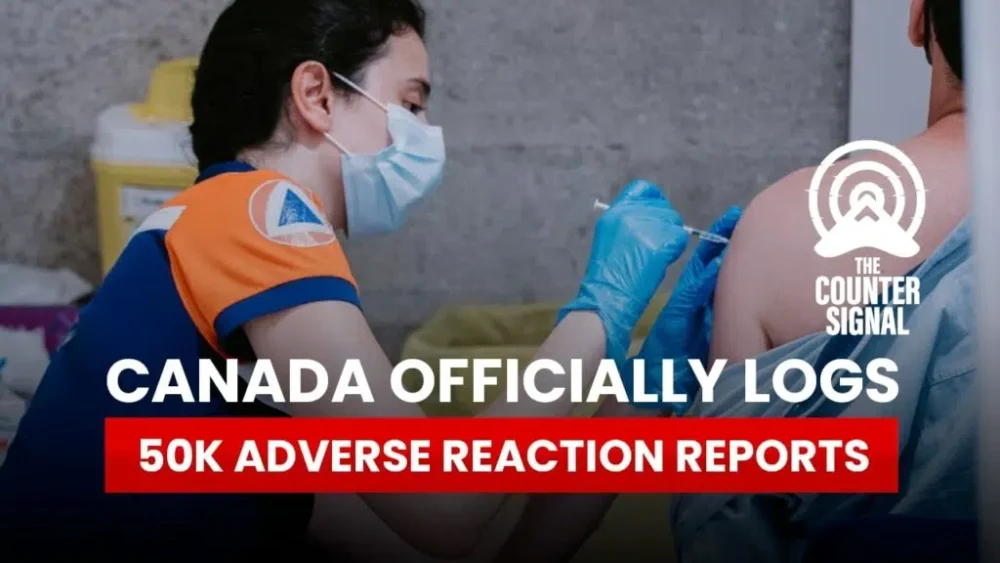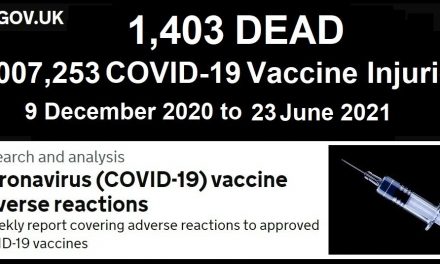As of July 22, 2022, there have been 49,921 reports of adverse reactions to the various COVID vaccines, 10,047 of which were considered “serious.” According to the government’s own figures, this puts reports of adverse reactions at a rate of 57.9 per 100,000 doses administered.
Of the vaccines taken, the Pfizer vaccine resulted in the most adverse reaction reports, followed by Moderna and AstraZeneca.
Most adverse event reports came from females, with the reporting rate for females being 78.1 reports per 100,000 doses administered, compared to 31.2 per 100,000 doses administered for males. However, within the 12 to 17 age group, the proportion and reporting rate in males was slightly higher.
Health Canada says they are now actively monitoring the following:
- thrombosis with thrombocytopenia syndrome following vaccination with the AstraZeneca
- myocarditis (inflammation of the heart muscle) and pericarditis (inflammation of the lining around the heart) following vaccination with COVID-19 mRNA vaccines
- capillary leak syndrome following vaccination with the AstraZeneca
- immune thrombocytopenia (ITP) and venous thromboembolism (VTE) following vaccination with the Janssen COVID-19 vaccine
- Guillain-Barré Syndrome (GBS) following AstraZeneca COVID-19 vaccination
Despite these reports, the government maintains that “the benefits of COVID-19 vaccines continue to outweigh the risks of the disease.”
This contradicts public health officials who’ve stated that individuals, particularly those who are young and healthy, should weigh the risks of the COVID vaccine before lining up to get a booster.









